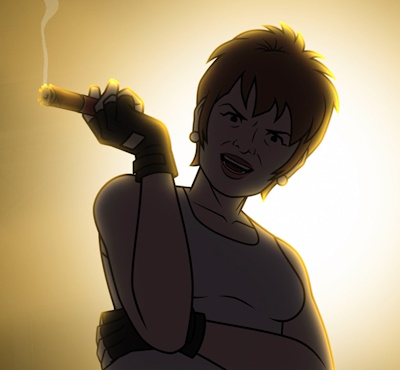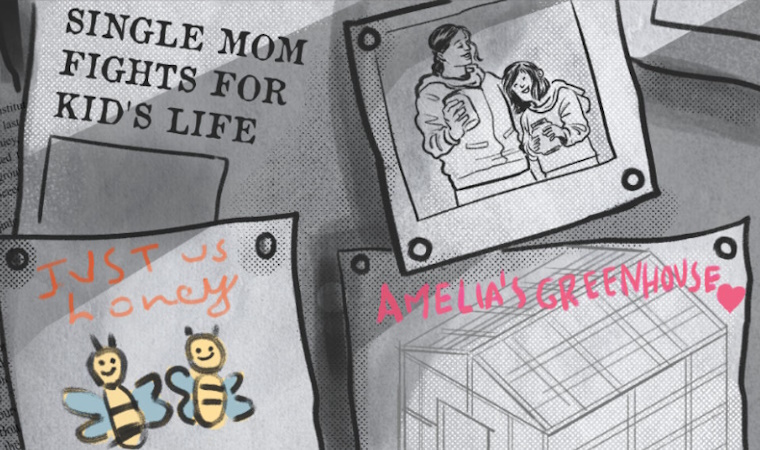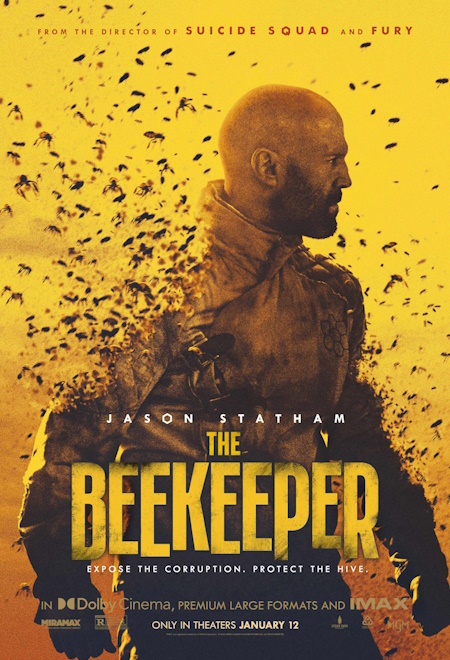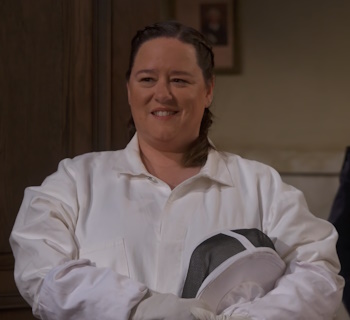Beekeeper Review: Woody Boyd

Woody Boyd from Cheers is a bartender, but also a Beekeeper! It’s always a good sign when a Beekeeper is famous enough that he has his own Wikipedia page, so let’s see how Woody does.
Woody’s shtick on the show is that he is the good-natured farmboy from Hanover, Indiana who comes to the big city (in this case Boston) and works at the bar. His most common joke is that he’s slow or naive. The keeping of bees only came up in one episode (Season Seven, Episode Three, “Executive Sweet”, an episode that does not merit its own Wikipedia page). Surely, if it only came up once, it can’t be that big a facet of the character can it? Well, let’s see. In that episode Woody inherits 4000 Buckfast bees from his uncle, saying “When I was a kid, you couldn’t keep me away from my uncle Fergie’s hives.” That resulted in the people around town giving young Woody the nickname “Woody the Beekeeper” which certainly seems like enough to get him on the board for my purposes.
With uncle Fergie retired, Woody eagerly takes these bees and keeps them in the bar’s office until he finishes his shift. This is a sitcom, so of course the bees manage to get loose, but using the proper gear and equipment and only getting stung a couple times, Woody gathers them up and takes them home. That’s the last thing we know for sure.
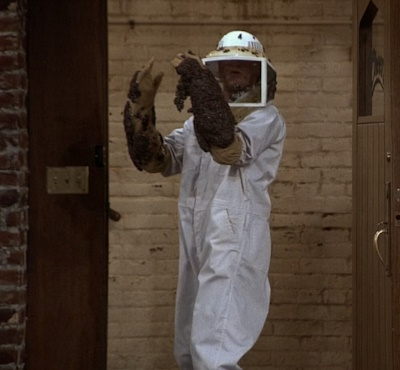
Does Woody keep up his apiarist ways? Well, there’s no canonical proof, but I think so. Bartending is Woody’s preferred occupation. It’s where he’s meant to be. He was never going to leave the bar. The show ends with Woody elected as a city councilman, but we know from his appearance on Frasier that he went back to Cheers when that was over (which is not a surprise given that once, when talking about reincarnation, he said he’d like to come back in his next life as the President of France, because he thought that would be good for the bar). But one of my oft-cited benefits of keeping bees is that it can be done while still pursuing other occupations. We know that Woody did other kinds of farming while he lived in the city, he’s shown successfully growing a large pumpkin, so given the lack of evidence otherwise and how excited he was to receive them, I think I can rule that Woody probably continued to be a Beekeeper.
With that settled, how does Woody rate for the things that PDR uses to rate a Beekeeper? Well, he has positives and negatives. The guy is so sweet it seems like he might be immune to Beekeeper Rage. He does talk once about the need to bottle up feelings, but given how often he actually does let those feelings out I don’t think he really lives by it. That’s just one of several wrong-headed old-fashioned ideas that were instilled in him back in Hanover. Perhaps that upbringing is also the root of one of his biggest character flaws: when things are going very well for Woody (such as when he was first acclimating to his wife’s wealthy lifestyle, or even just when winning a lot of money via gambling) he can be rude. When it comes down to it though, Woody is too nice for the anger or the rudeness to stick. If he realizes that he is lashing out or mistreating anyone he will generally back down and try to fix things because he feels bad about it. He just likes people too much.
Some might think he should be docked for being dumb, but not me. And anyway, Woody’s intellect comes out in other ways. In fact, back in Hanover he was occasionally teased for being a “brainiac” in spite of being held back in school more than once. He’s able to do things like memorize the serial numbers on his money in case he needs to prove that it is his and he’s proven more than once to be good at gambling on sports and playing poker, though it seems more instinct than anything. Also, he can sleep standing up.
Still, Woody doesn’t have any paranormal abilities (though Hanover is once cited as UFO capital of the world) and he’s no good in a fight and seems to be more susceptible than the average person to hypnosis. I can’t rate him any higher than:

Three Honeycomb out of Five.
I admit that I’d love to be able to give him a point for being an ubiquitous part of popular culture, similar to how Friar Tuck got a bonus for being legendary, but Woody doesn’t quite clear that bar. Cheers is still remembered as a classic sitcom, sure, but I can’t deny that its not the zeitgeist-dominating juggernaut it once was. Maybe someday the kids will learn about Cheers and it will be popular again. Then Woody can show up on the Frasier reboot and it will focus intently on his beekeeping. Until then, this is it.

